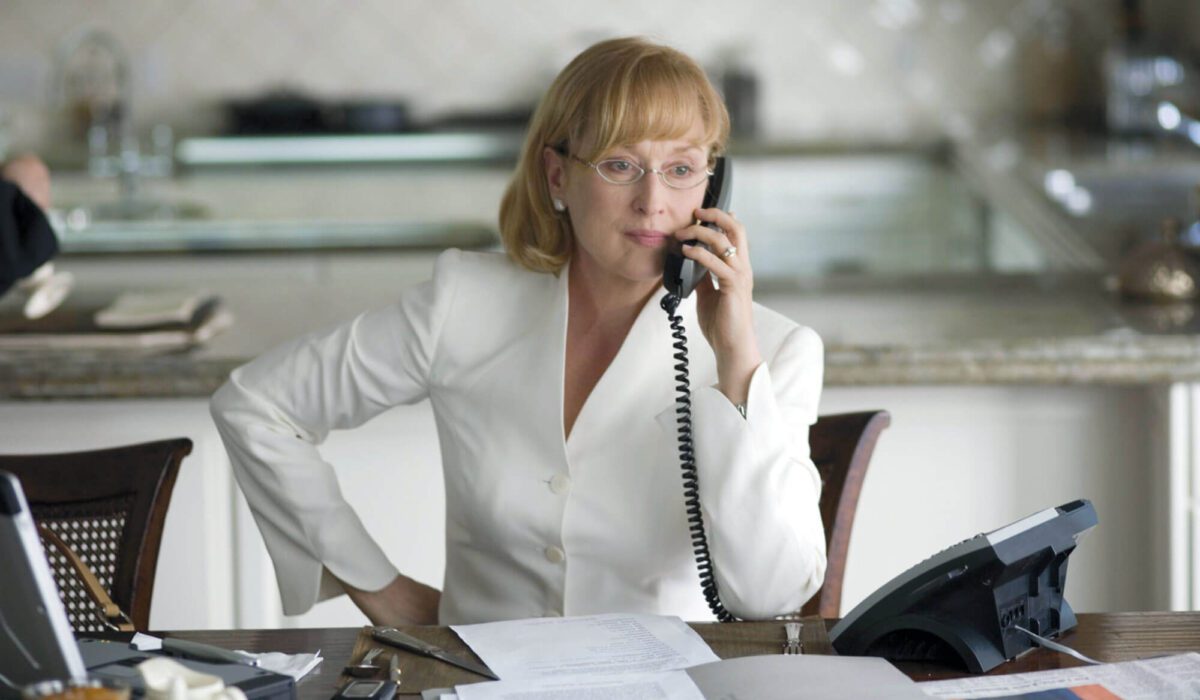Middle-age stereotypes affecting working women

Middle age may bring wisdom and experience, but for women, there’s something else: the misperception that they are less warm—a stereotype causing them to be judged more harshly than their male contemporaries.
The finding is part of research co-authored by Haas Professors Jennifer Chatman, PhD 88, and Laura Kray, among others, and published in Organizational Behavior and Human Decision Processes.
Chatman, who is associate dean of academic affairs, notes that at a time when women are only just beginning to approach parity in business schools and still make up only 6.4% of S&P 500 CEOs, the implications can be deadly to career ambition. “Middle age is a make-or-break time, when people are being groomed and considered for the top jobs,” says Chatman, the Paul J. Cortese Distinguished Professor of Management and co-director of the Berkeley Culture Center.
Perceptions of “warmth” and “agency” are two fundamental measures for judging others. “The first thing we notice about someone is whether they’re warm or cold,” explains Kray, the Ned and Carol Spieker Chair in Leadership and faculty director of the Center for Equity, Gender, and Leadership. “It tells you whether they have good or bad intentions toward you. ‘Agency’ addresses the question of how capable we perceive them to be in achieving those intentions.”
Past research has established that women are typically stereotyped as being warmer than men, while men are perceived as having greater agency or capability. This is a legacy of historical divisions in which women were charged with child-rearing while men worked. “The stereotypes have outlived their utility,” Chatman says, and friction can emerge when women contradict stereotypes by achieving greater agency at work.
Friction can emerge when women contradict stereotypes by achieving greater agency at work.
In one study analyzing a large dataset of university professor evaluations, Chatman and Kray found that male professors’ evaluations remained consistent over time. Meanwhile, evaluations for female professors quickly declined from their initial peak in their 30s, hitting a low point around age 47. After that, they steadily increased again, achieving parity with men by their early 60s. “At that point, there are different stereotypes of women, and they may benefit from being seen as more grandmotherly,” says Kray.
In student comments, words such as “caring,” “nice,” and “helpful” declined for women along with their scores. “When women were getting their lowest teaching ratings, there was an uptick in complaints about their personality,” Kray says.
The researchers caution, however, against women being more careful about how they present themselves. Instead, they hope to create awareness that bias may affect how women are considered for promotions versus men. “We need to create systems and standardization for how we discuss and evaluate candidates,” Kray says, “and either exclude feedback on personality or make sure it is considered equally for men.”